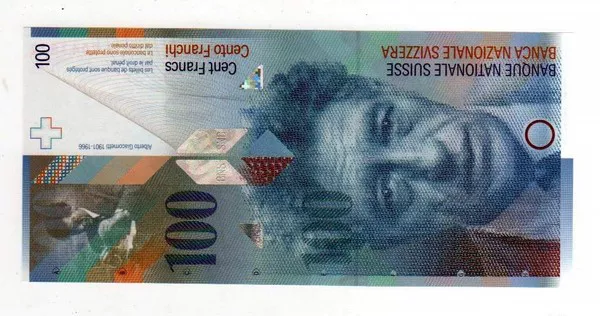Switzerland is a popular tourist destination known for its scenic beauty, picturesque cities, and rich culture. With millions of tourists visiting the country every year, it’s no surprise that many travelers wonder about currency options when it comes to purchasing goods and services during their stay. One of the most common questions asked by visitors to Switzerland is, “Can I use Euro in Switzerland?” In this article, we will explore your currency options as a traveler in Switzerland.
Euro vs. Swiss Franc
The official currency of Switzerland is the Swiss Franc (CHF), which has been the currency of the country since 1850. While Switzerland is not part of the European Union (EU), it shares borders with EU members such as France, Italy, and Germany. As a result, the Euro is widely accepted in Switzerland, especially in tourist areas, but there are some important things to keep in mind.
Firstly, the exchange rate between the Euro and the Swiss Franc can fluctuate significantly, which means you may not get the best value for your money if you pay in Euros. It’s always a good idea to check the current exchange rate before making any purchases to ensure you are getting the best deal.
Secondly, while many businesses in Switzerland accept Euros, they may not offer competitive exchange rates or may charge a fee for accepting foreign currency. This can add up quickly, and it’s often more cost-effective to withdraw Swiss Francs from an ATM or exchange currency at a bank.
Using Credit Cards in Switzerland
Credit cards are widely accepted in Switzerland, especially in larger cities and tourist areas. Visa and Mastercard are the most commonly accepted cards, although American Express and Discover are also accepted at some businesses.
When using credit cards in Switzerland, be aware that some businesses may charge a fee for using a foreign card. Additionally, it’s always a good idea to inform your credit card company of your travel plans to avoid any issues with fraudulent charges or card blocks.
Using Traveler’s Checks in Switzerland
Traveler’s checks are not widely accepted in Switzerland, and many businesses may not accept them at all. If you do choose to use traveler’s checks, it’s best to exchange them for Swiss Francs at a bank or exchange office before making any purchases.
ATMs and Currency Exchange Offices in Switzerland
If you need to withdraw cash while in Switzerland, ATMs are widely available in larger cities and tourist areas. However, be aware that some ATMs may charge a fee for foreign transactions, so check with your bank before traveling to avoid any surprises.
Currency exchange offices are also available throughout Switzerland, although they may not offer the best exchange rates. It’s always a good idea to shop around and compare rates before exchanging currency.
Tips for Using Cash in Switzerland
If you choose to use cash in Switzerland, there are a few things to keep in mind. Firstly, Swiss banknotes come in denominations of 10, 20, 50, 100, 200, and 1,000 Swiss Francs. Coins come in denominations of 5, 10, 20 rappen (Swiss cents), as well as ½, 1, and 2 Swiss Francs.
Secondly, it’s important to note that cash is not always accepted in Switzerland, especially at larger businesses such as hotels and restaurants. In these cases, credit cards may be a better option.
Finally, be aware that Switzerland is known for being an expensive country, so it’s always wise to budget accordingly and keep track of your spending.
Downsides Of Using Euros In Switzerland
There are a few downsides to using Euros in Switzerland:
Currency exchange fees: If you use Euros in Switzerland, you may have to pay currency exchange fees or unfavorable exchange rates when converting your money.
Limited acceptance: While many businesses in Switzerland accept Euros, there are some that do not, particularly smaller establishments and those in rural areas. It’s always a good idea to carry Swiss francs with you for this reason.
Inconvenience: Carrying two currencies can be inconvenient, especially if you need to make purchases in both Euros and Swiss francs.
Legal tender: Euro is not legal tender in Switzerland, which means that businesses are not obliged to accept it as payment.
Value fluctuations: The value of the Euro against the Swiss franc can fluctuate, which means that you could end up losing money if the exchange rate is unfavorable at the time of your transaction.
For these reasons, it’s generally recommended to use Swiss francs when traveling to Switzerland.
Conclusion
In conclusion, while the Euro is widely accepted in Switzerland, it’s important to be aware of exchange rates, fees, and other factors that may impact your purchasing power. Using credit cards or withdrawing Swiss Francs from ATMs may be a more cost-effective option, while traveler’s checks are not recommended. Ultimately, it’s up to each individual traveler to decide which currency options work best for their needs and budget. By keeping these tips in mind, you can enjoy your stay in Switzerland without any currency-related surprises.


